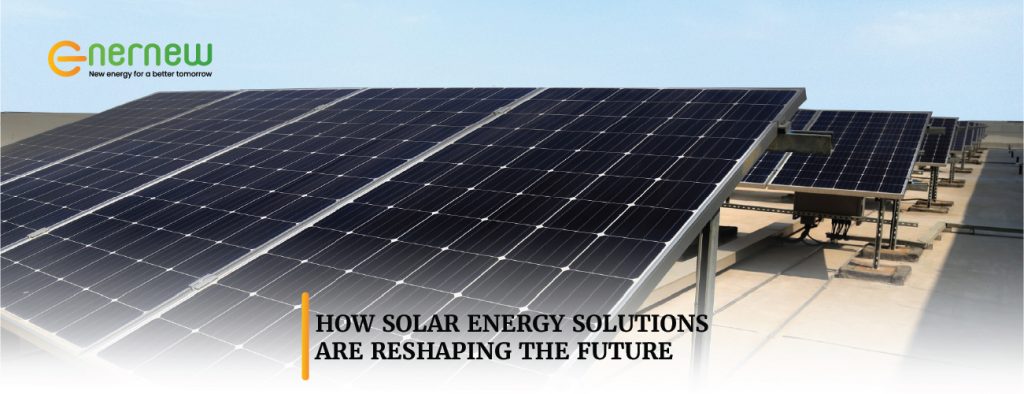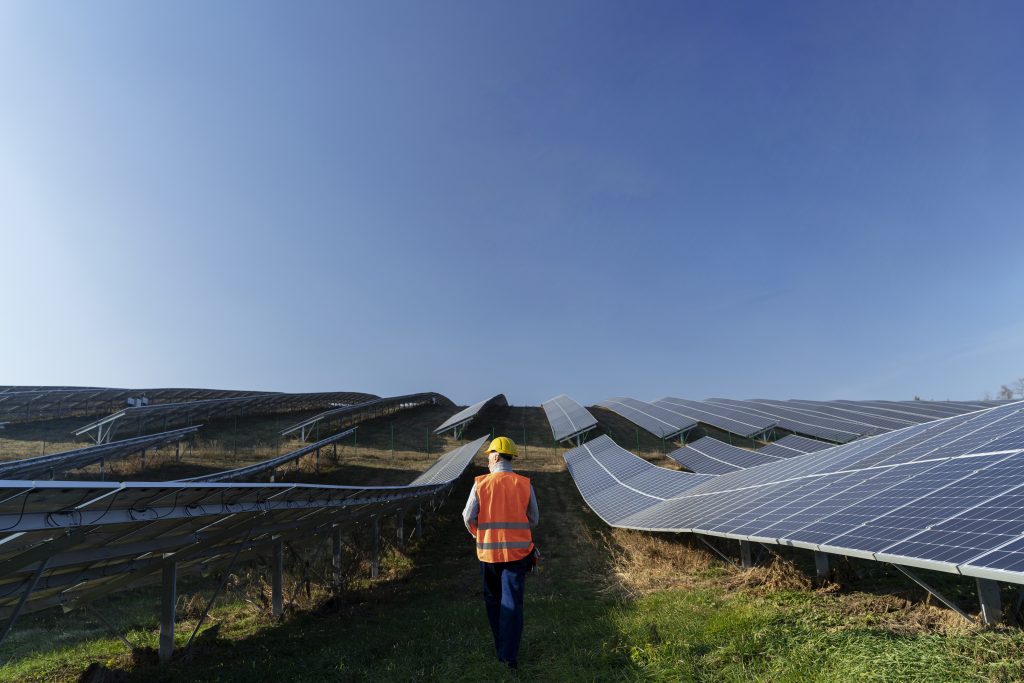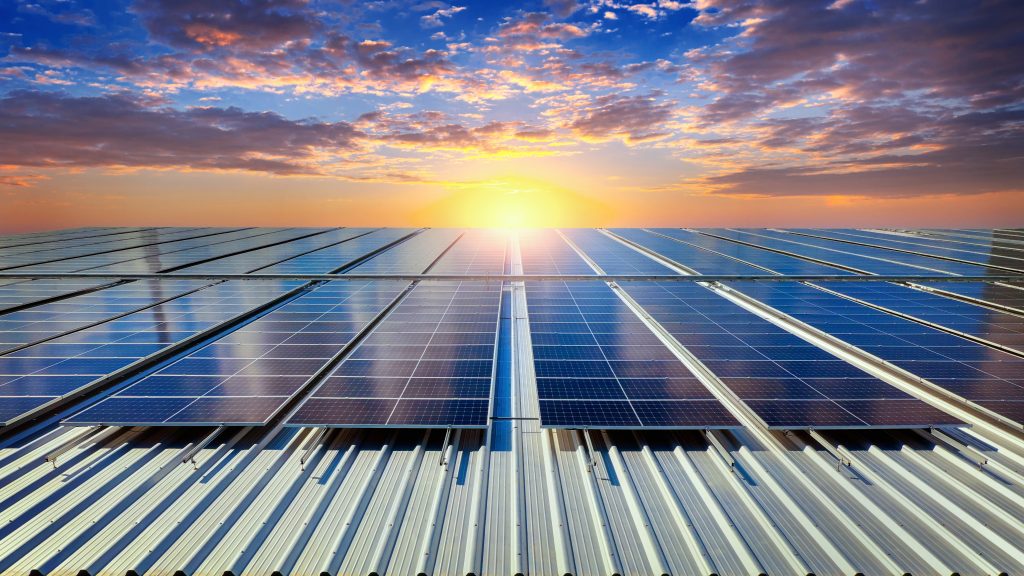
The growing global need to have sustainable energy has brought out solar energy solutions as a clean solution. The sun is inexhaustible in providing clean power, and solar technology is dictating the process of energy production and the utilization of electricity. Not only does it reduce our carbon footprint, but it creates energy independence, thus being a long-term investment not only to individuals but also to business organizations and communities.
Why Solar Energy is a Smarter Choice for Today and Tomorrow
Solar power is increasingly preferred due to its affordability, availability, and long-term benefits. It’s not just about going green, it’s about being practical. Rising fossil fuel prices, frequent power cuts, and increasing environmental awareness make solar the logical choice for energy-conscious consumers.
Benefits include:
- Significant reduction in electricity bills
- Low environmental impact (zero emissions)
- Low maintenance and operational costs
- Long-term energy security and price stability
With government incentives and declining equipment costs, solar is more accessible than ever.
How Solar Energy Works: Turning Sunlight into Power
Solar energy solutions rely on photovoltaic (PV) panels to capture sunlight and convert it into usable electricity. These systems typically include solar panels, an inverter, wiring, and a battery (for storage). When sunlight hits the PV cells, it generates direct current (DC), which the inverter then transforms into alternating current (AC) to power homes or businesses.
There are also solar thermal systems, which use sunlight to heat water or air. And for larger applications, concentrated solar power (CSP) uses mirrors or lenses to focus sunlight into heat energy, generating electricity on a massive scale.
Key Environmental and Economic Advantages of Solar Energy
Choosing solar energy benefits not just your wallet, but also the planet. Solar power generates electricity without burning fossil fuels, which means no harmful emissions. It’s a clean, quiet, and efficient way to power your home or office.
Environmental advantages:
- Reduces greenhouse gas emissions
- Helps combat air pollution and climate change
- Minimizes water use compared to conventional power plants
Economic advantages:
- Long-term energy cost savings
- Increases property value
- Creates local jobs in manufacturing and installation
- Potential tax credits and subsidies from governments
Types of Solar Energy Solutions to Suit Every Need

There’s no one-size-fits-all solar setup. Solutions vary based on energy use, space, and budget. Understanding the key types can help you choose the right system.
- Solar Photovoltaic (PV) Systems: Ideal for homes, offices, and factories. These systems convert sunlight directly into electricity.
- Solar Thermal Systems: Designed for heating water or air. Great for industrial use, pools, or home heating.
- Concentrated Solar Power (CSP): Best for large-scale energy needs. Uses focused sunlight to generate high amounts of electricity.
Each type offers distinct benefits, depending on your specific energy goals.
How to Choose the Right Solar Setup for Your Property
Getting started with solar begins with understanding your own energy profile. A proper assessment helps determine which solar solution fits your needs.
Consider the following factors:
- Energy usage: Analyze past electricity bills to know your average consumption.
- Location and roof space: Ensure your property gets adequate sunlight and has room for panels.
- Budget and goals: Decide whether you want full independence, partial savings, or backup power.
Consulting with certified solar experts ensures the design meets safety, efficiency, and return-on-investment expectations.
The Future of Energy Lies in Smart Solar Investments
Solar energy is growing through innovation and favourable policy and rising consumer awareness. Efficiency is being enhanced by new technologies such as bifacial panels, batteries of energy storage and intelligent inverters which are increasing applications.
Meanwhile, government subsidies, including net metering, solar incentives, and tax credits, are making it financially attractive to most people. The increasing use of solar is likely to boom in both urban and rural areas as the cost of installation keeps on decreasing.
Conclusion: Power Your Future with Solar Energy Solutions
Having adopted solar energy solutions, it is not only a clever step but a conscientious one, as well. It will enable you to have control of your energy use, minimize expenses, and also result in a cleaner planet. As a homeowner, business owner, or developer, a transition to solar power helps to promote sustainability and economic prosperity in the long run.
The time to make the switch is now. The sun rises every day—why not let it power your future?

